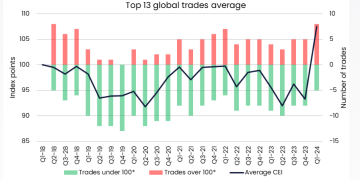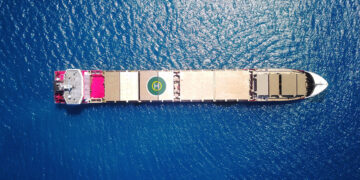First industry standard on in-water cleaning of ships published
BIMCO and the International Chamber of Shipping (ICS) have published the first industry standard on in-water cleaning of ships, aiming to combat the issue of invasive species to local marine environments and provide clarity and quality assurance to shipowners, ports and government authorities.
Read more




























































